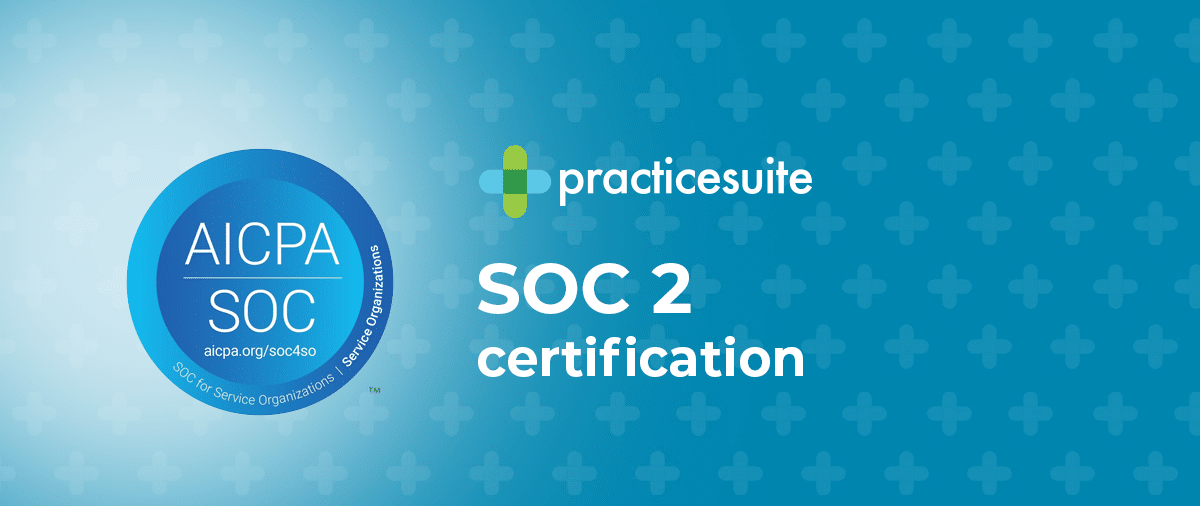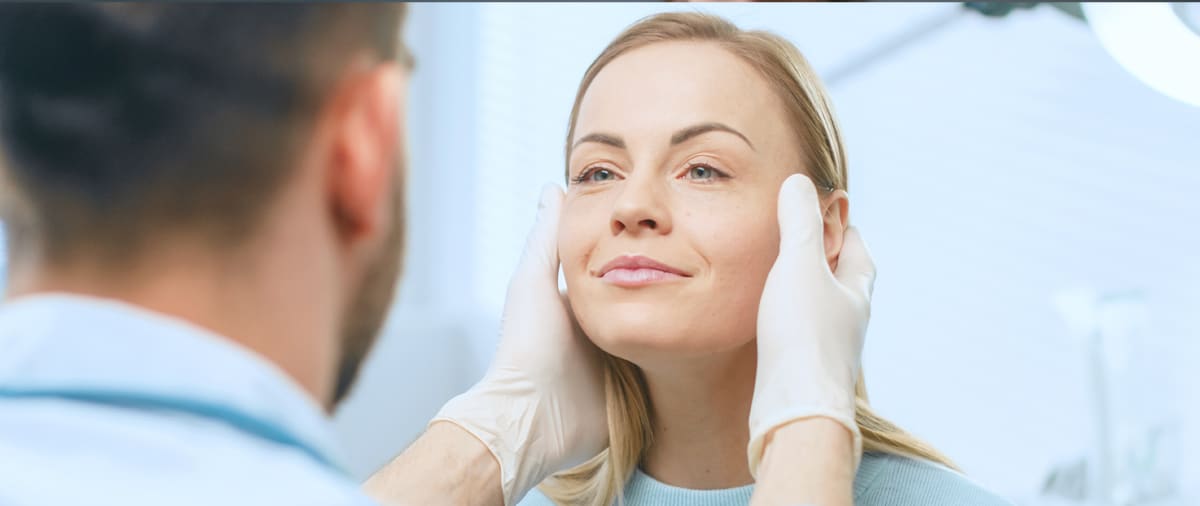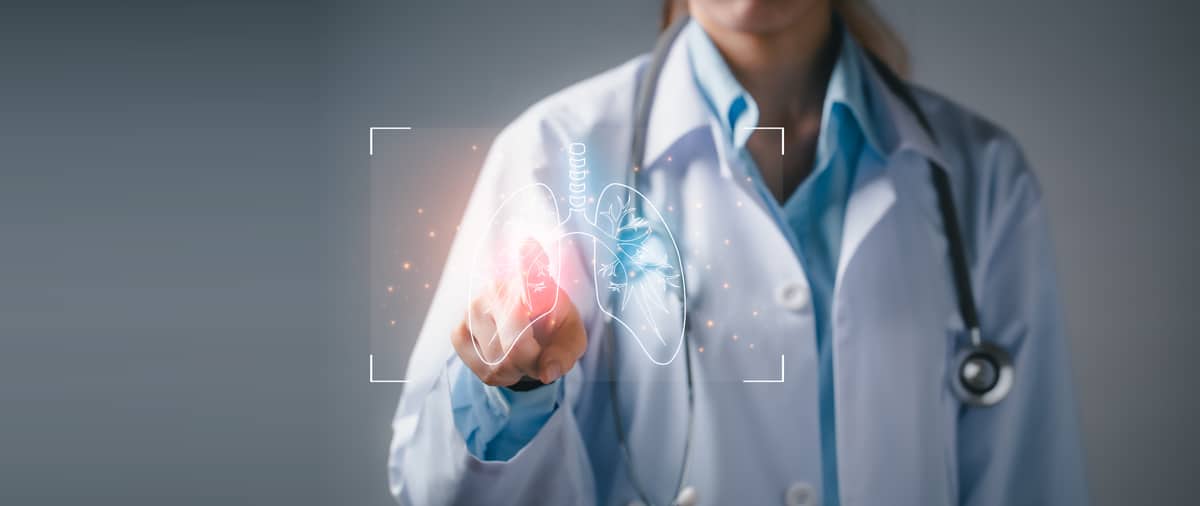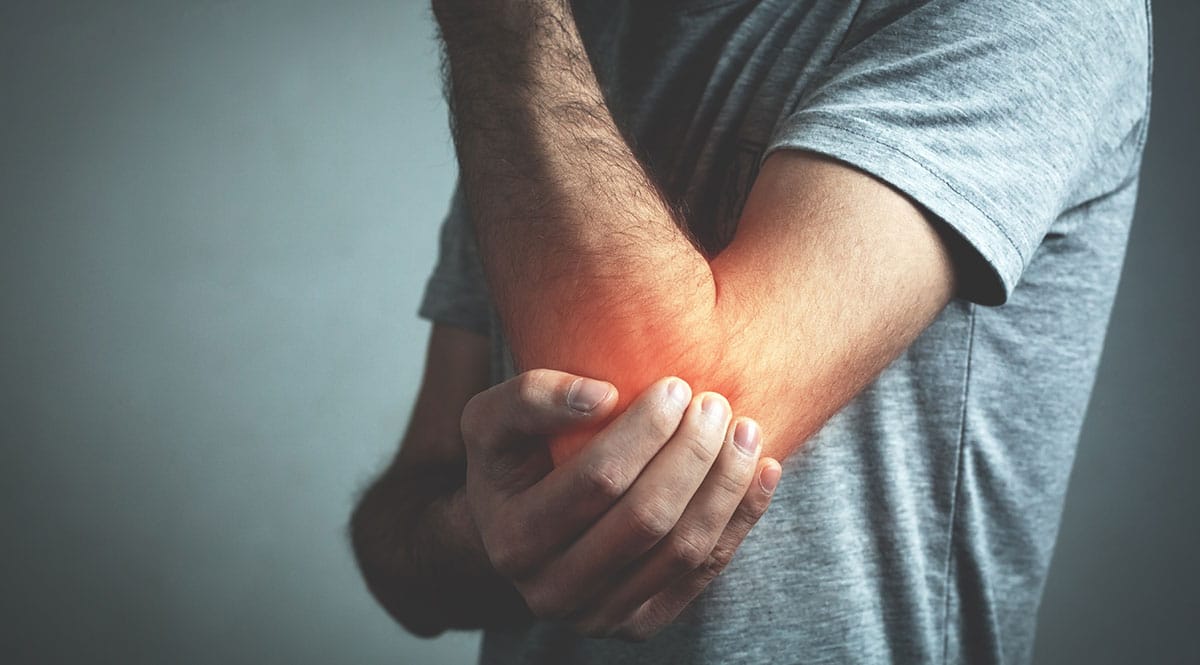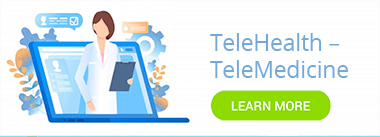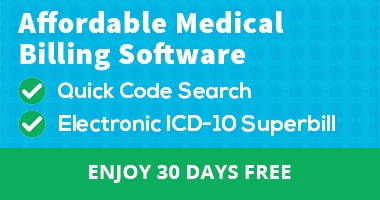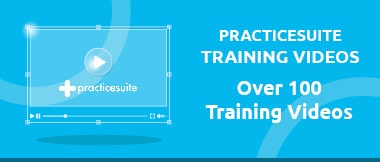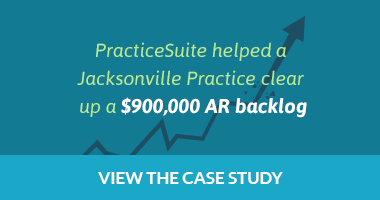Transitioning From Quest Quanum to PracticeSuite Helps Physicians Avoid Major Disruption
TAMPA, Fl., Oct. 03, 2023 – Quest’s Quanum EHR is being sunsetted at the end of this year. For many physicians, that date is too close for comfort. Quest made the announcement in January, but migrating to a new EHR is a major endeavor and some providers have still not begun the process. The cost

